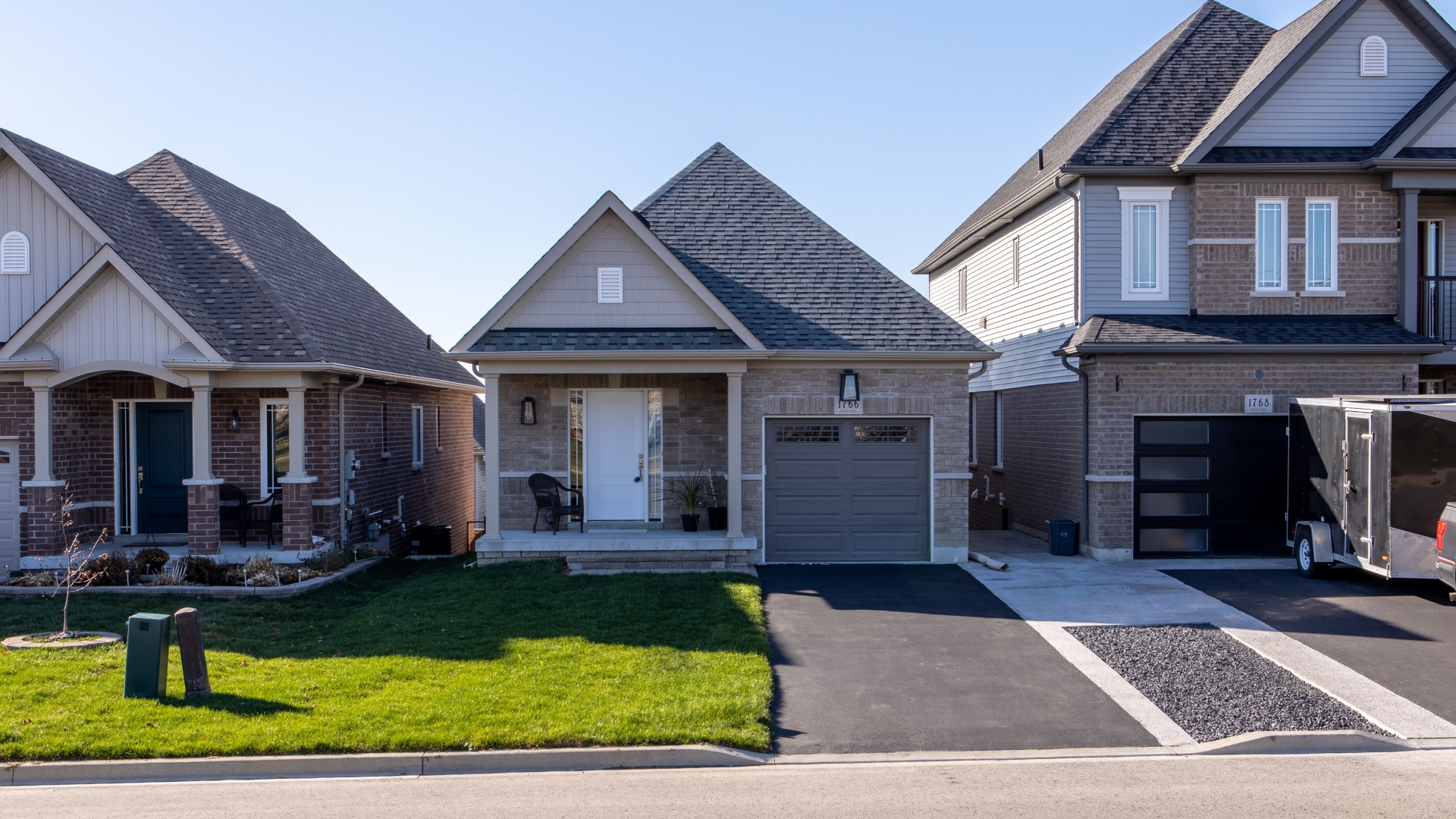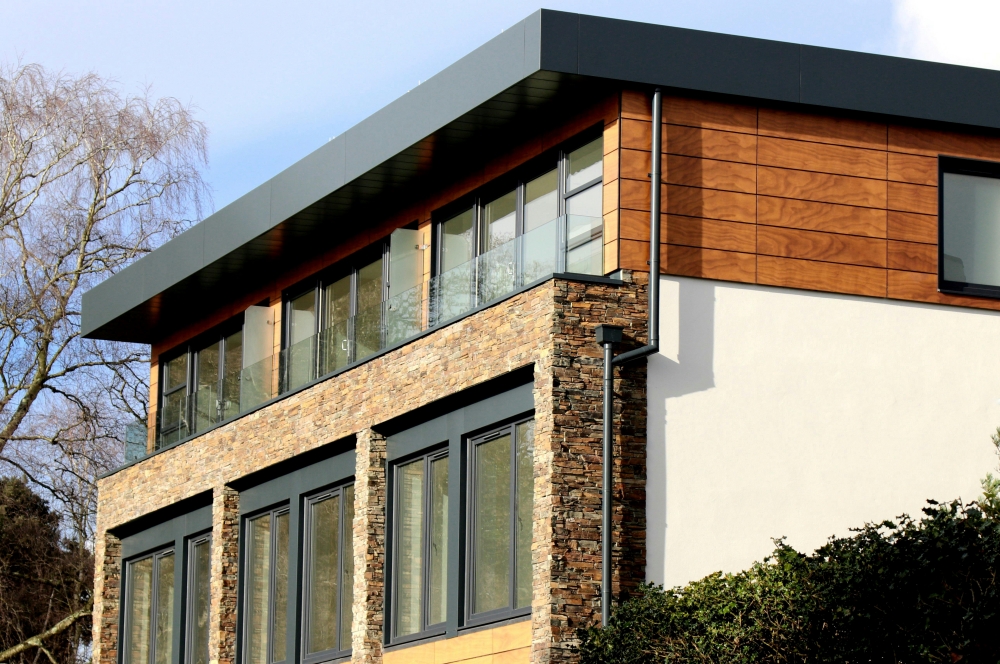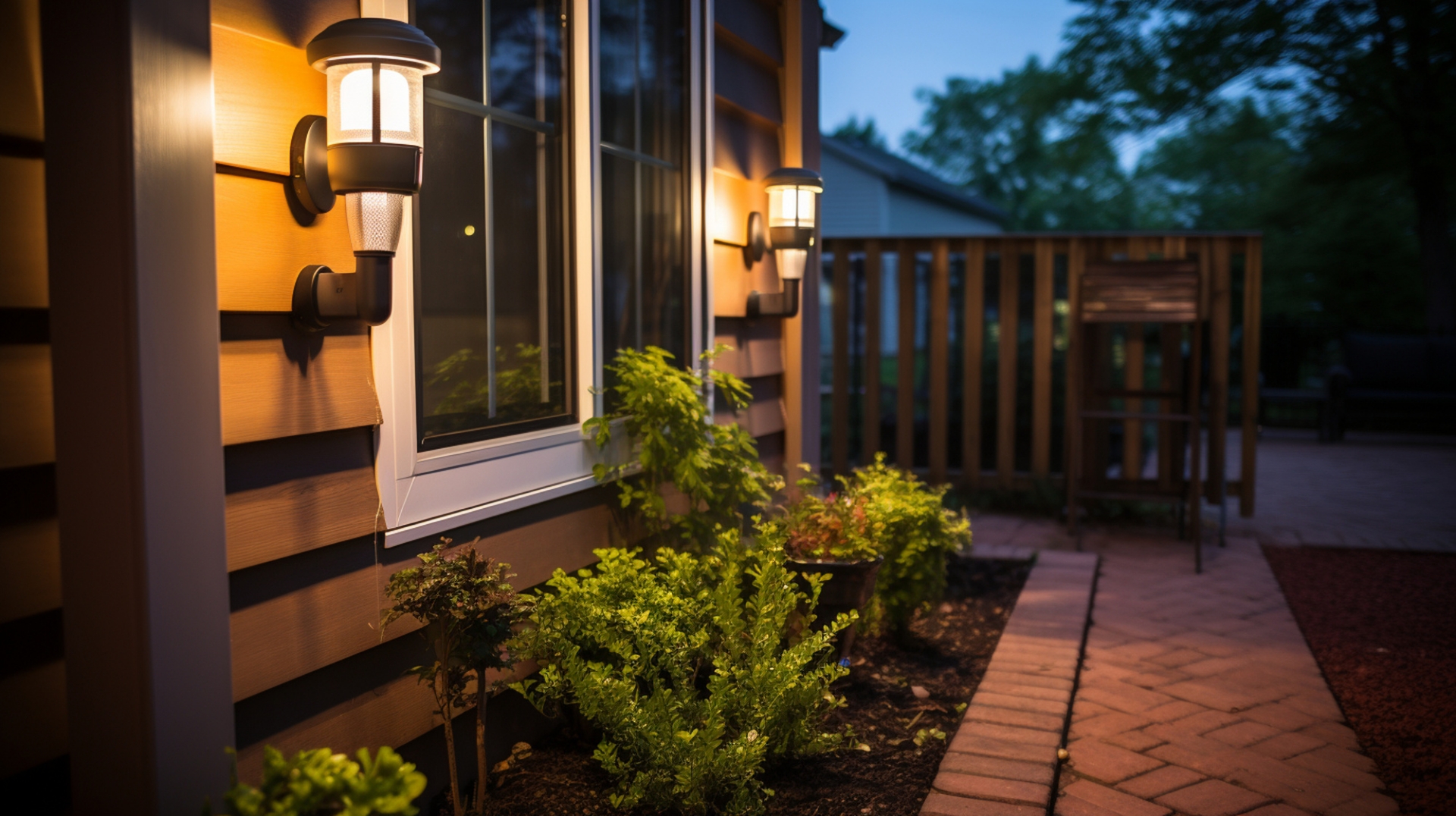Moving to a new place, whether for work, school, or personal reasons, comes with its fair share of challenges. The shift from a familiar setting to an unfamiliar one can be overwhelming, especially when adjusting to a faster pace of life. Whether you’re transitioning from a quiet town to a bustling city or simply moving to an area where life moves at a quicker rhythm, settling in requires strategic planning, adaptability, and patience.
For instance, moving to South Carolina from Washington brings a noticeable change in lifestyle, pace, and daily routines. While some aspects may feel unfamiliar at first, approaching the transition with an open mind can make the adjustment process much smoother. From navigating daily routines to building a support system, there are several ways to ease into your new environment without feeling lost or out of place.
Understanding the Local Culture and Lifestyle
One of the most crucial aspects of adapting to a new environment is understanding the culture and lifestyle of the area. This involves familiarizing yourself with the general pace of life, social norms, and the expectations that come with living in a particular community.
If you’re relocating from a slower-paced setting to a more dynamic one, the initial adjustment period may feel overwhelming. For instance, the demands of city life often require a greater sense of urgency, quick decision-making, and a higher level of efficiency in daily activities. Learning how people interact, their work habits, and how they manage their schedules can help you integrate seamlessly.
Especially if you’re planning long distance relocation to South Carolina from Washington DC, Northern VA & MD area, you will notice a significant shift in the way daily life unfolds. The change in environment requires mental preparation, a flexible mindset, and a willingness to embrace new experiences. Instead of resisting the differences, take the time to observe and adapt, ensuring a more seamless transition into your new home.
Establishing a Routine That Works
A structured routine plays a crucial role in making your new environment feel more comfortable. While spontaneity has its perks, having a reliable schedule can help reduce stress and provide a sense of stability.
Start by organizing your daily tasks and identifying key responsibilities. If you have a job, create a schedule that allows you to manage your workload while also dedicating time to personal activities. This balance is essential, as focusing solely on work can lead to burnout, while neglecting responsibilities may result in unnecessary stress.
Additionally, include activities that help you explore your new surroundings. Whether it’s visiting local markets, walking through parks, or trying out new dining spots, immersing yourself in the area’s lifestyle will help you feel more connected. The sooner you incorporate these experiences into your routine, the quicker you will feel at home.
Building a Support System
Feeling isolated in a new place can make the adjustment process much harder. Establishing a support system—whether through friends, colleagues, or community groups—can significantly improve your overall experience.
Start by engaging with coworkers or neighbors. Simple conversations can lead to meaningful connections, and over time, these relationships will provide a sense of belonging. If you’re in a professional environment, networking with colleagues can also help you better understand workplace dynamics and expectations.
Additionally, look for local social groups, hobby-based meetups, or community events that align with your interests. Whether it’s a fitness class, a book club, or a volunteer group, participating in these activities can help you meet people who share similar interests, making your transition much easier.
Navigating Public Transportation and Commuting
In many cases, moving to a new place means adjusting to a different transportation system. Whether you are relying on public transit, driving, or a combination of both, understanding the best commuting options will help you settle in more efficiently.
Start by researching transportation routes, schedules, and costs. If you are using public transit, get a map of the system and identify the most convenient routes for your daily commute. Many cities have mobile apps that provide real-time updates on transit schedules, which can help you plan your trips more effectively.
For those driving, familiarize yourself with the road network, parking regulations, and peak traffic hours. Adjusting to a new city’s driving style and rules can take time, so patience is key. If possible, explore alternative routes to avoid congestion and save time.
Managing Finances Wisely
Financial management is a crucial aspect of settling into a new environment. The cost of living can vary significantly depending on the location, and unexpected expenses may arise during the transition period.
Start by assessing your monthly expenses, including rent, utilities, groceries, and transportation costs. Creating a budget will help you manage your finances effectively and prevent unnecessary stress. If you’re in a city with a higher cost of living, consider adjusting your spending habits to accommodate these changes.
Additionally, take advantage of any discounts, promotions, or cost-saving opportunities available in your new area. Many businesses offer special deals for newcomers, so be sure to explore options that can help reduce expenses without compromising your lifestyle.
Staying Healthy and Active
Amidst the stress of relocation and adjustment, it’s easy to neglect personal health. However, maintaining an active lifestyle and prioritizing well-being can significantly improve your overall experience.
Look for local fitness centers, parks, or recreational activities that align with your interests. Whether it’s jogging, cycling, yoga, or joining a sports team, regular physical activity will help you stay energized and manage stress more effectively.
Additionally, pay attention to your diet and ensure you’re getting proper nutrition. Exploring local grocery stores, farmers’ markets and restaurants can help you find fresh and healthy food options. Staying mindful of your health will enhance your ability to adapt to new challenges and maintain a positive mindset.
Embracing the Change and Staying Open-Minded
Adjusting to a faster-paced environment requires an open-minded approach. It’s natural to feel uncomfortable or overwhelmed at first, but embracing the change with a positive attitude can make all the difference.
Rather than focusing on what feels unfamiliar, take the opportunity to discover new experiences and perspectives. Every environment has something unique to offer, and by staying curious, you can learn valuable life skills that enhance personal and professional growth.
Give yourself time to adjust and be patient with the process. It’s okay to face challenges along the way, but with persistence and adaptability, you will gradually find comfort in your new surroundings.
All in all, settling into a new environment, especially one with a faster pace, requires careful planning, adaptability, and an open mind. From understanding the local culture to managing finances and building a support system, every step contributes to a smoother transition.











